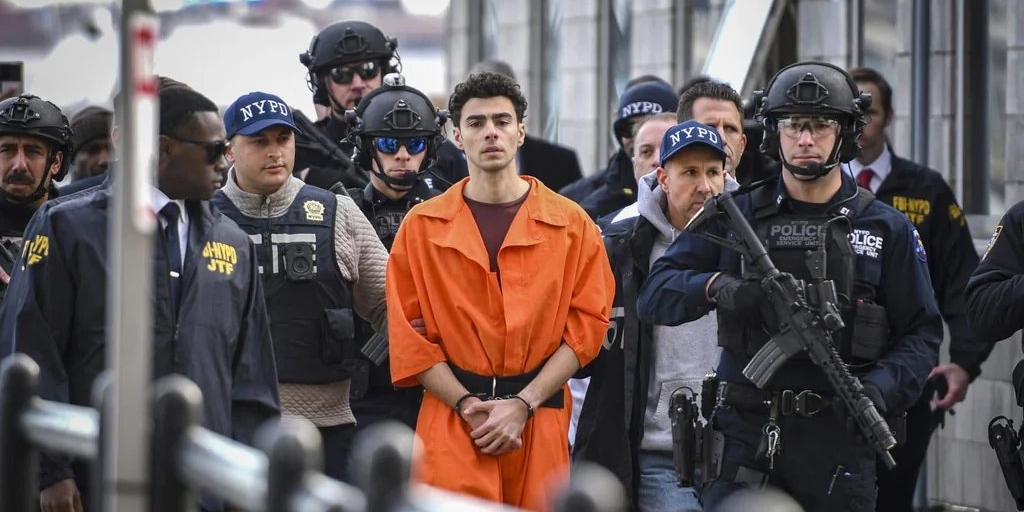These are positive times for many Alabamians. Our unemployment rate is at an all-time low, major manufacturers continue to locate in our state, and the national championship trophy is back in the state where it belongs.
Despite the momentum, our state is certainly not free from challenges. One of the most serious issues facing Alabama hardly ever receives the attention it deserves. I’m talking about the closure of rural hospitals throughout our state.
Hospitals are the backbone of many communities in rural Alabama. In addition to being the top employer in many cases, these hospitals are critical when it comes to keeping local residents healthy. Since coming to Congress, I have visited many of these rural hospitals and seen firsthand the challenges they face.
Startlingly, since 2011, eleven hospitals have closed in Alabama, and another dozen are in danger of closing in the next two years. Today, the median rural hospital in Alabama is operating at about a minus eleven percent margin and 86% are losing money. You don’t have to be a businessman to realize that is unsustainable.
The impact of a hospital closure on a rural community is profound. It can leave those needing emergency or in-patient care with long – and potentially deadly – commutes to the nearest hospital. Some who need care the most simply have no way to make the burdensome trip to a metropolitan area.
The closure of rural hospitals also hurts our ability to attract new industry to our state. Without hospital access, many modern employers, such as high-tech manufacturers, will refuse to locate to the areas of our state that need investment and jobs the most.
One of the primary issues driving the problem is that Alabama has the lowest Medicare reimbursement rate in the country. Alabama hospitals are reimbursed as much as twenty-one percent below the national average and at rates considerably lower than our state neighbors. Due to a poorly designed formula implemented in the 1980s known as the Medicare Wage Index, the problem continues to compound every year.
Consider this: D.W. McMillan Hospital in Brewton, Alabama, near the Florida border, is reimbursed almost twenty percent less for the exact same treatment as a hospital right across the border in Jay, Florida. It isn’t fair, it makes no sense, and it is devastating for our hospitals.
Much of the positive development in our state has been a testament to a spirit of teamwork. Leaders in Alabama saw the need to transform our economy and work together to attract new businesses. It will take that very spirit of cooperation and teamwork to solve the problems facing our rural hospitals.
When it comes to healthcare, there are a lot of different ideas. Republicans and Democrats have some serious disagreements. It would be easy to retreat to our respective corners and blame the other side for Alabama’s hospital closure problem. But, that’s not productive, and it certainly won’t solve the problem.
In Washington, the entire Alabama Congressional Delegation has been working with Centers for Medicare and Medicaid Services (CMS) Administrator Seema Verma and Congressional leadership to come up with new and innovative ideas to fix our long-term reimbursement issue. We are committed to thinking outside the box to solve this problem and protect Alabama’s rural hospitals.
However, Congressional action alone won’t solve the problem. The solution will require a total team effort from every level of government, as well as assistance from community and business leaders.
If Alabama is going to continue to move forward, we must address the challenges facing our rural hospitals and ensure Alabamians have adequate access to hospital care. If we work together as a team, I am hopeful this issue can be resolved.
U.S. Rep. Bradley Byrne is a Republican from Fairhope.












